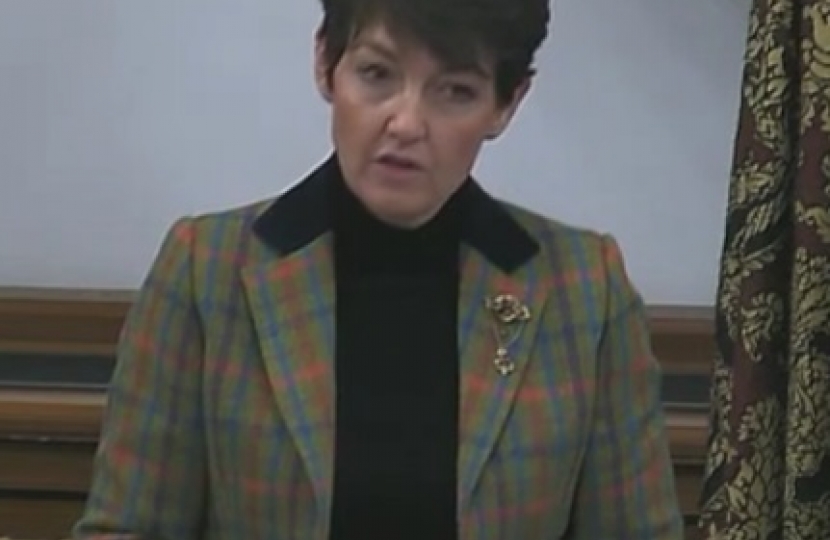
On Tuesday 10th January during a Westminster Hall debate in Parliament, Jo Churchill MP spoke passionately in favour of plans, announced by Prime Minister Theresa May the day before, to make provisions for young people’s mental health support, particularly in schools. During the debate, Mrs Churchill advocated her support for measures which acknowledged and raised the profile of mental disorders and sought to provide the necessary support for young people to understand and respond to mental health.
Speaking in the debate, Jo Churchill said: “Why have I chosen to speak today? Mental health is one of my top three surgery priorities. Week after week, in surgery after surgery, I see families whose lives are breaking down because of waiting times.”
She went on to say: “One in seven adults has a common mental disorder. If we capture these problems earlier on, we will be doing ourselves and the country a great service, saving people’s lives and building resilience within their families.”
Before rounding off her speech, Jo Churchill said:
“…People need services locally, and we need our children not to be sent all over the country. We have to look at the provision of funding and the allocation of resources. The lack of the family unit locally undermines short and long-term recovery.
I pay tribute to the fantastic work of the Prince’s Trust, of the Duke and Duchess of Cambridge and of Heads Together, which aims to destigmatise and shine a light on the area.”
Speaking after the debate, Jo Churchill said:
“I was very keen to speak in this debate, for as I said, mental health is a priority not only within my constituency but, as the Prime Minister acknowledged, across the UK. Particularly for young people, as figures show that many of their concerns are linked to attainment and outcomes, it is right that we focus on what support can be delivered in schools.
However, this is also about the wider debate around mental health and I made sure the Minister was aware of the challenge to local government, particularly within rural communities, to deliver accessible, local services.
Nevertheless, in addressing mental health it is important to focus on prevention too. By opening up access the right kind of support, we can begin to build a future where we have a greater understanding of mental health, starting with our young people.”
https://hansard.parliament.uk/Commons/2017-01-10/debates/51DC0042-ED3A-…;